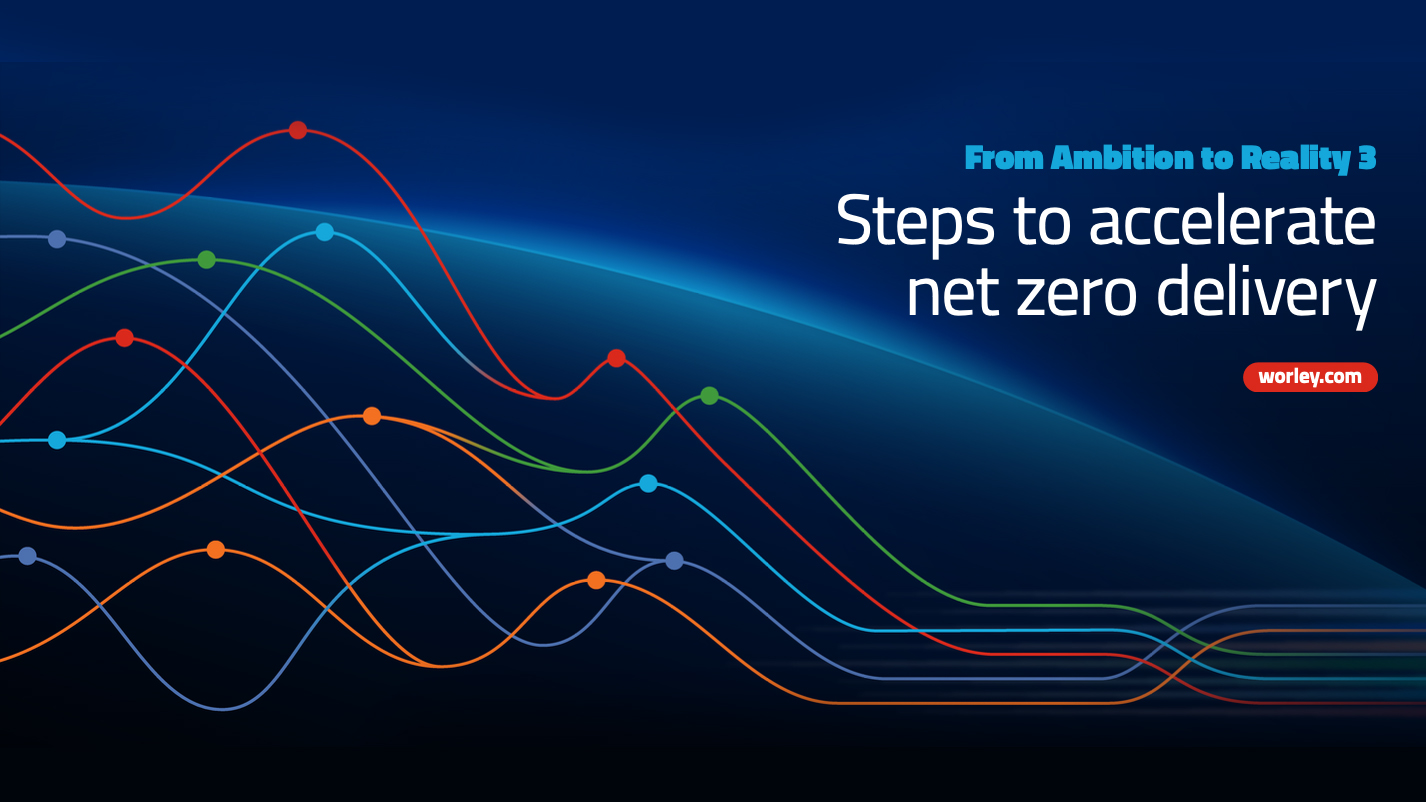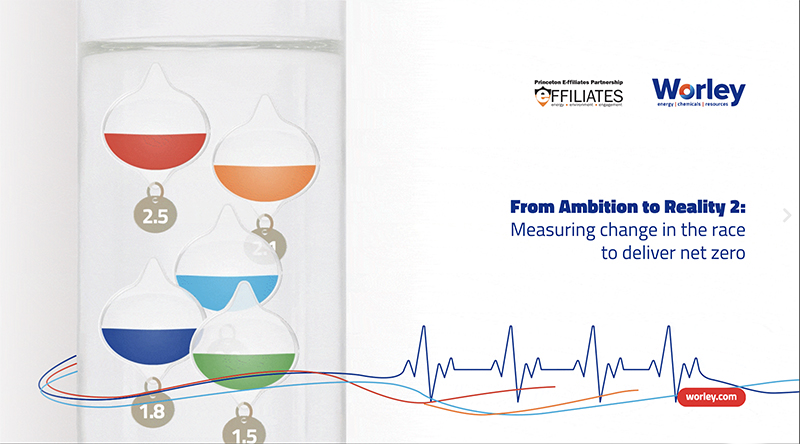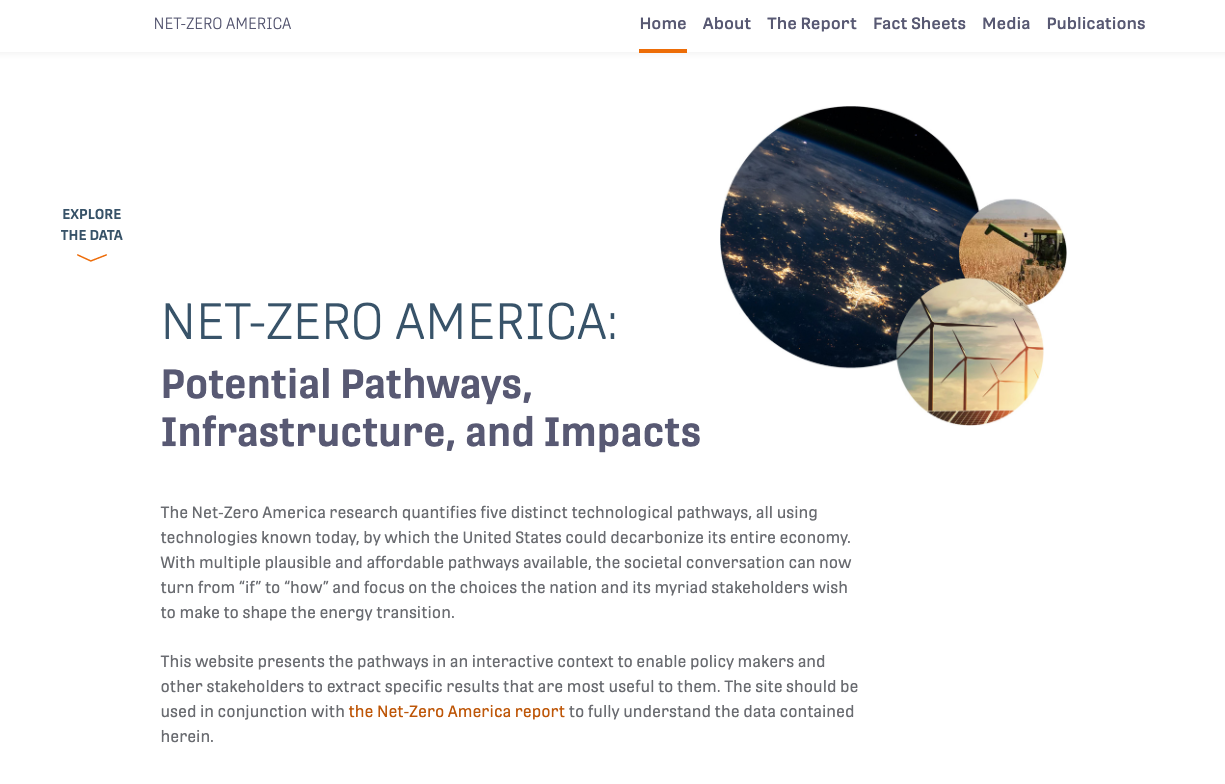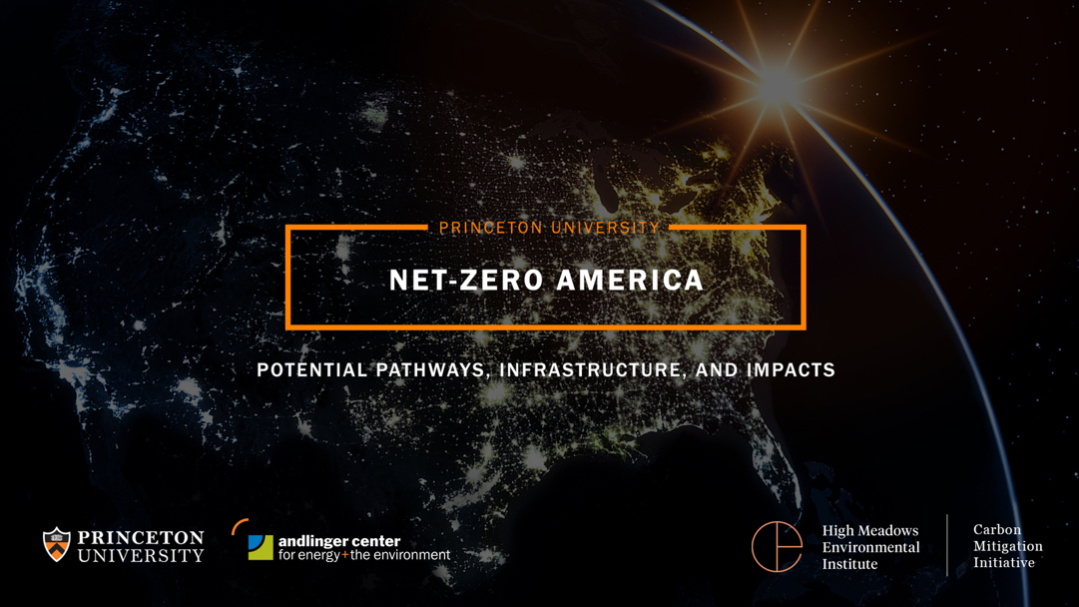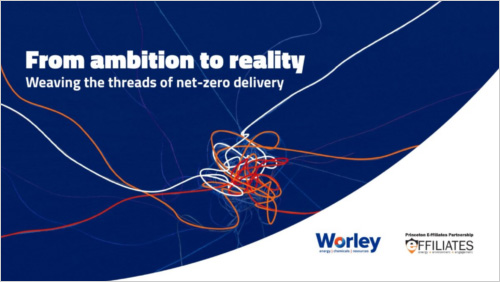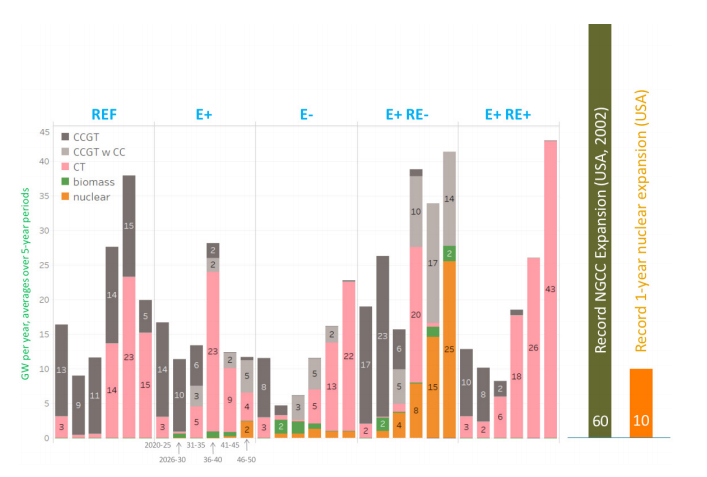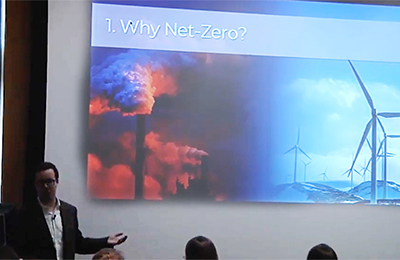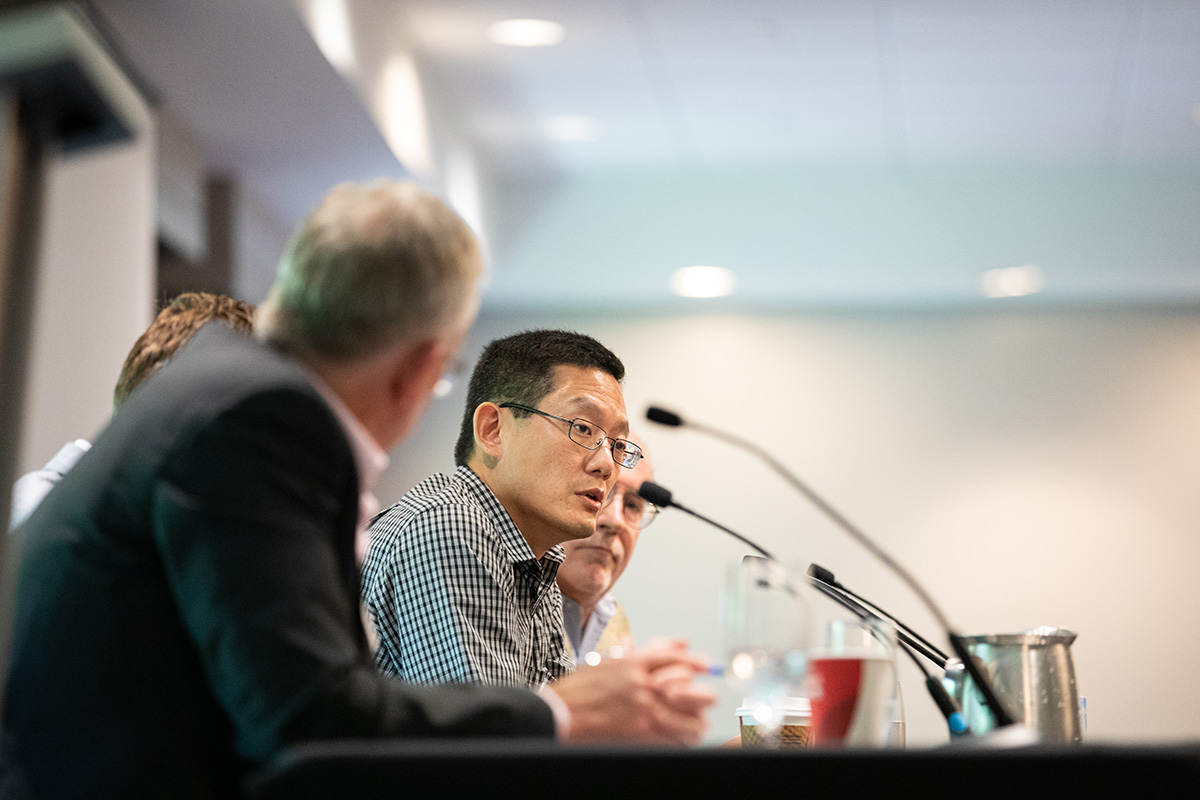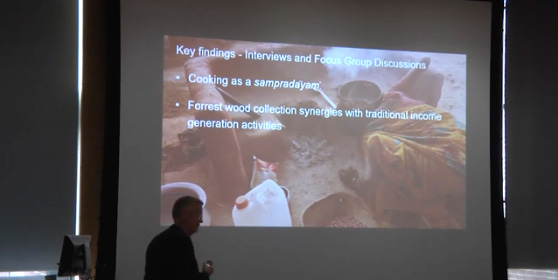rapid switch: public resources
From Ambition to Reality 3
Website
This paper outlines pragmatic steps infrastructure participants can take to help make the new project delivery paradigm a reality by 2030, accelerating delivery to what is needed to make net zero a reality.
Are You Paris Compliant?
Website
Are You Paris Compliant is a platform to evaluate and track the climate performance of companies. This resource aims to expand the scope of geographic and sectoral coverage of companies being evaluated and to continuously improve the efficacy of the reporting and assessment in collaboration with companies and investors.
From Ambition to Reality 2
Report (pdf)
From Ambition to Reality 2 is the next installment of Worley and Princeton University’s Andlinger Center for Energy and the Environment’s ground-breaking series.
Net-Zero America: Potential Pathways, Infrastructure, and Impacts
Data website: netzeroamerica.princeton.edu
This website presents the pathways in an interactive context to enable policy makers and other stakeholders to extract specific results that are most useful to them. The site should be used in conjunction with the Net-Zero America report to fully understand the data contained herein.
Net-Zero America report
Report (pdf)
The 345-page interim report that outlines five distinct technological pathways for the United States to decarbonize its entire economy.
From Ambition to Reality
Website
In collaboration with Worley through E-ffiliates, these papers explore the five key shifts in thinking needed to deliver a net-zero transition.
The Net-Zero America Project: Finding pathways to a carbon-neutral future
Report (pdf)
Carbon Mitigation Initiative (CMI) Annual Report: Net-Zero America: Finding Pathways to a Carbon-Neutral Future
Rapid Switch: Potential pathways and political bottlenecks to deep decarbonisation in Australia
Webpage
The University of Queensland, Australia, Centre for Policy Futures states its principal disciplinary focus on Rapid Switch.
Getting to Zero: Can America transition to a net-zero emissions energy system?
Talk
What will it take for the United States to build a net-zero emissions energy system? To avoid the worst impacts of climate change, global emissions of CO2 must fall to zero by roughly mid-century and go net negative soon thereafter.
Getting to Zero: How fast can we reduce carbon emissions?
Talk
The Telluride Science Research Center hosts Dr. Lynn Loo. Her talk is entitled “Getting to Zero: How fast can we reduce carbon emissions?”.
Princeton E-ffiliates Partnership retreat agenda
Agenda
The Princeton E-ffiliates Partnership’s (E-ffiliates) 2019 Retreat focused on the Andlinger Center for Energy and the Environment’s new Rapid Switch initiative.
The Rapid Switch Project – An exploration of bottlenecks in deep decarbonisation scenarios
Talk
The David Bradford Energy and Environmental Policy Seminar Series presents “The Rapid Switch Project – An Exploration Of Bottlenecks In Deep Decarbonisation Scenarios” by Chris Greig.
